Riyadh outsources wheat industry
- Middle East Business Intelligence
- 03 October 2008
Arabia is phasing out its domestic wheat growers and seeking to shift production overseas.
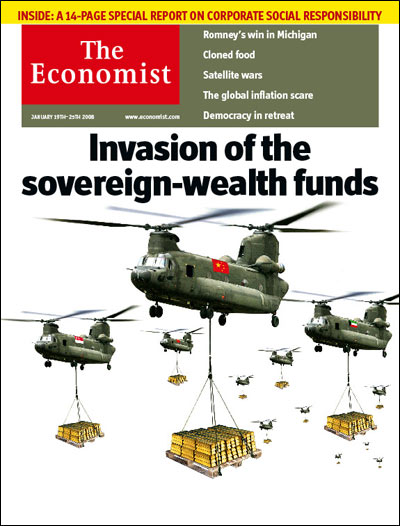
Arabia is phasing out its domestic wheat growers and seeking to shift production overseas.
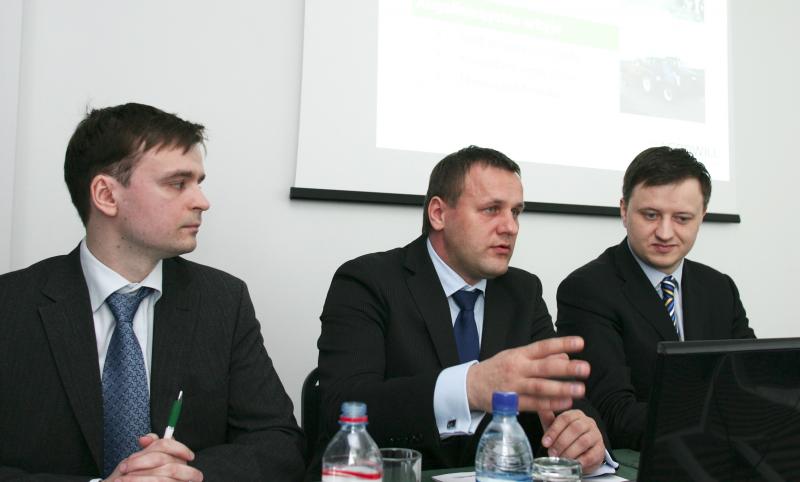
Conséquence directe de la crise alimentaire mondiale et de la volatilité des cours, les projets d'achat ou de location de terres agricoles à grande échelle, parfois sur des centaines de milliers d'hectares, se multiplient.

“Foreigners who come here get astonished at the gleaming black earth,” said Viktor Karnushin, head of a local subsidiary of Sweden’s Black Earth Farming corporation, one of the biggest foreign players in Russian farming.

As with timberland, while direct ownership and management (i.e., being a farmer), is a possibility, such a route is similarly fraught with difficulties. One of the most significant of these is the issue of diversification in the farmland itself - especially with a single investment. A well-diversified holding of farmland (row crop, permanent crop, pasture and even timber) will, therefore, not only require a significant investment, but may also involve land holdings in a number of different locations.
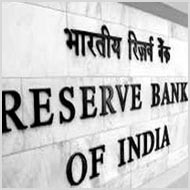
Pakistan’s minister for privatization and investment, at a recently held forum in Dubai, announced that Pakistan was willing to provide land with 100 per cent ownership rights and that the buyers would be free in importing the agri-produce to their country as well.
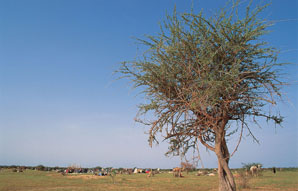
L'Etat cède 880000 hectares de terre arable pour 670 millions d'euros. Publiée mi-août par le Financial Times, l'annonce du gouvernement soudanais n'est plus vraiment une nouveauté. Comme d'autres avant lui, le pays est prêt à céder un territoire presque aussi grand que l'Ile-de-France à des investisseurs étrangers trop contents de s'exécuter.
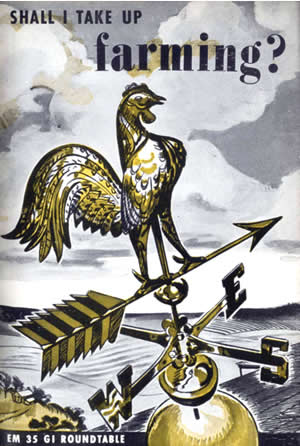
What’s with farming these days? The humble, even if slightly romantic vocation, is attracting a new breed of participants as investing in farmland and agriculture becomes the latest fad in the world of investments.

The United Arab Emirates is seeking to invest in agricultural projects in Kazakhstan as part of its efforts to secure food supplies.
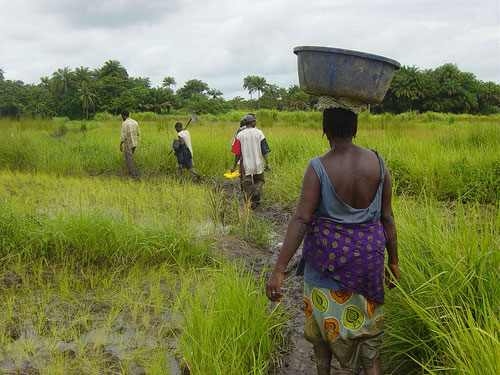
The Dubai-based think-tank Gulf Research Centre, in its food inflation report released last month, noted that agriculture production in the six-member Gulf Cooperation Council’s (GCC) countries is on the decline, and its exposure to unstable global food supplies would increase in the future. It called on the GCC to develop links with countries rich in arable land.
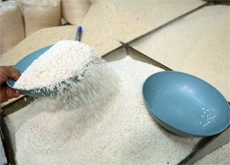
The UAE and its food-importing neighbours are “particularly vulnerable” to spiralling costs and should make significant investments in “contract farming” in Africa and Asia, says the UN’s Gulf food chief, Dr Kayan Jaff.

“Look at the colour, what a beautiful crop,” says Richard Spinks, pointing to wheat and rapeseed fields that his company sowed this season in western Ukraine. “If all of Ukraine’s farms could produce the yields we are getting, this country could play a big role in feeding the world and establish itself as a geopolitical power,” says the British chief executive of London-listed Landkom.

The Saudi government announced that it would co-ordinate with local private-sector companies and invest in strategic agricultural interests in key producer countries such as Brazil, Ukraine, Thailand and India, guaranteeing for itself supplies of cereals, meat and vegetables. It is already in advanced negotiations with Thai investors and a deal on rice farms in Thailand is likely before the end of the year.